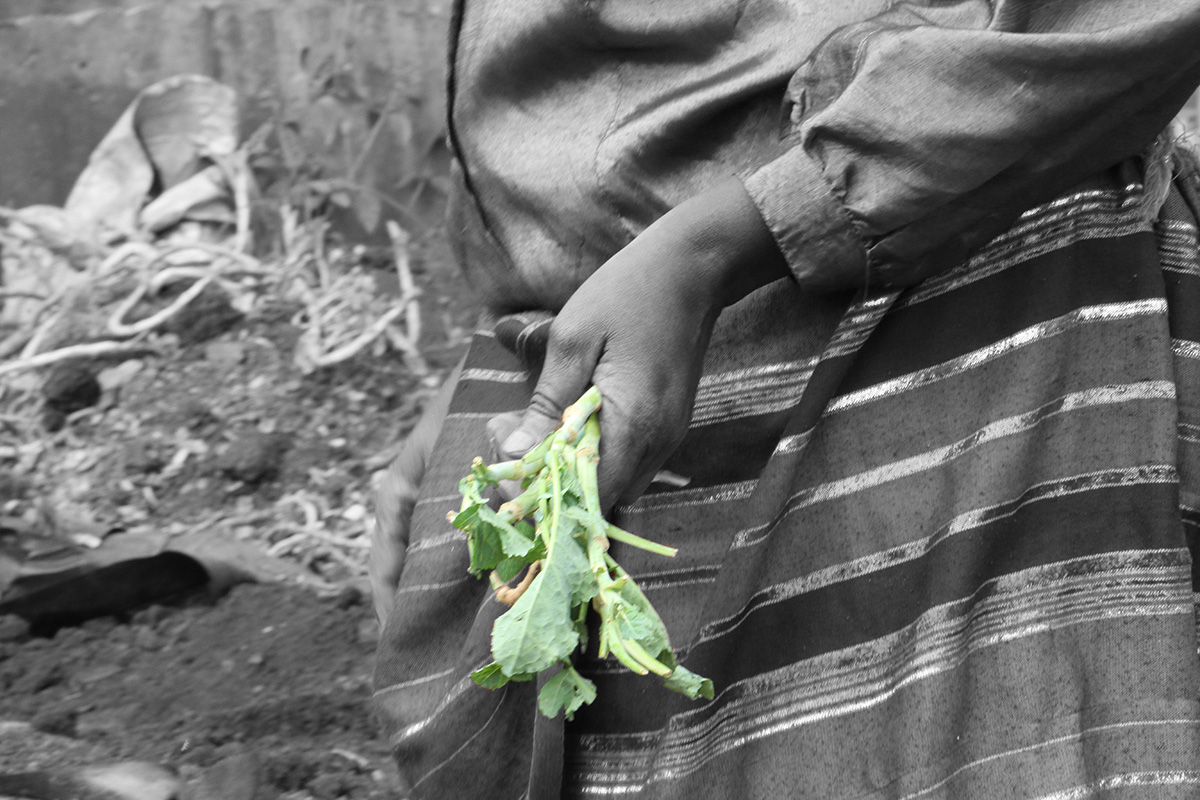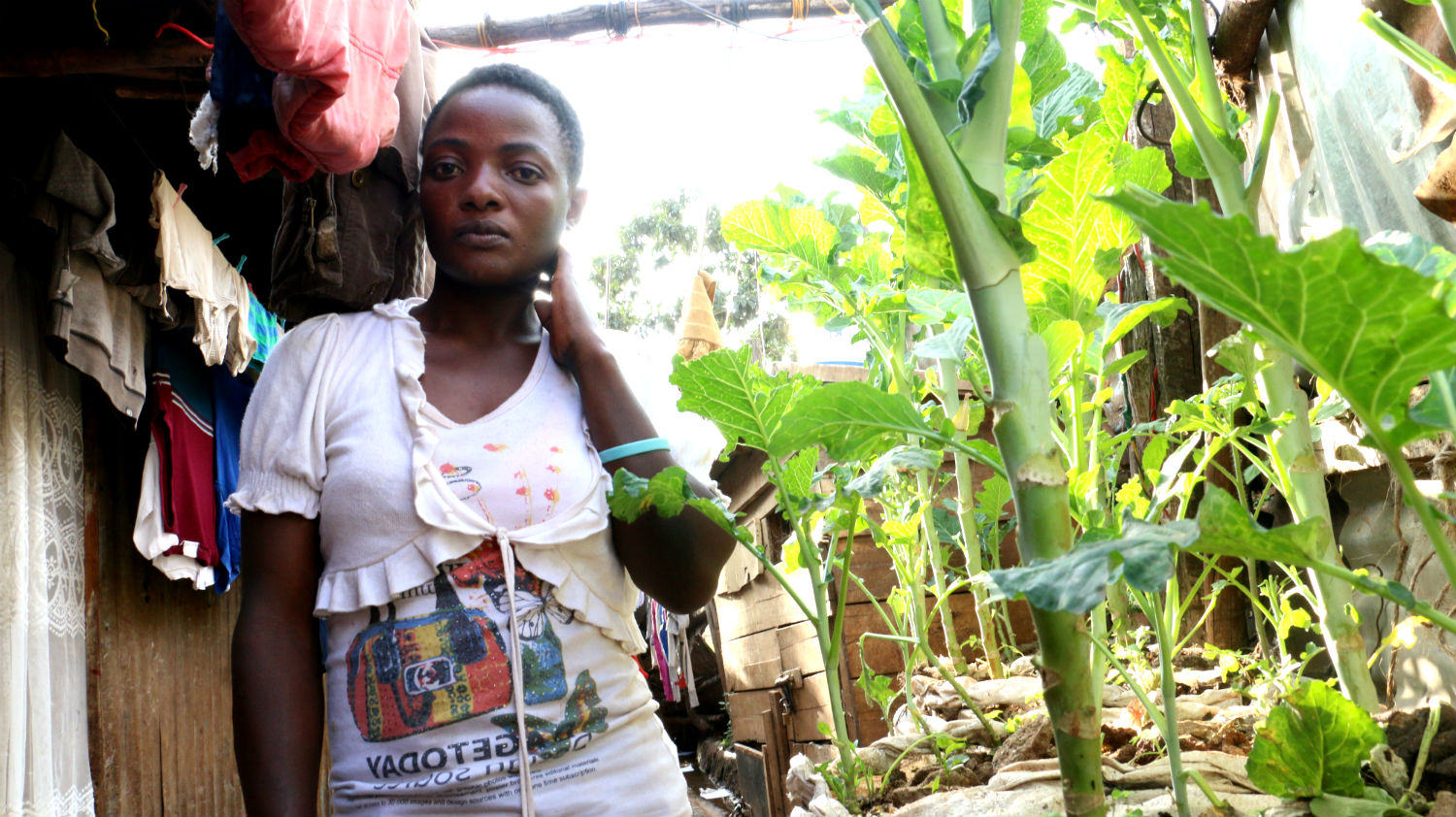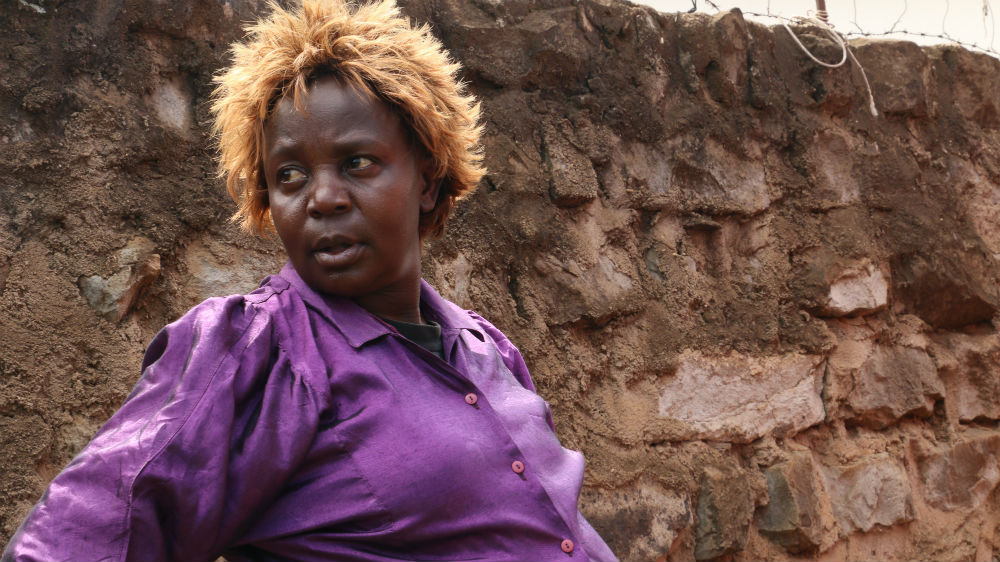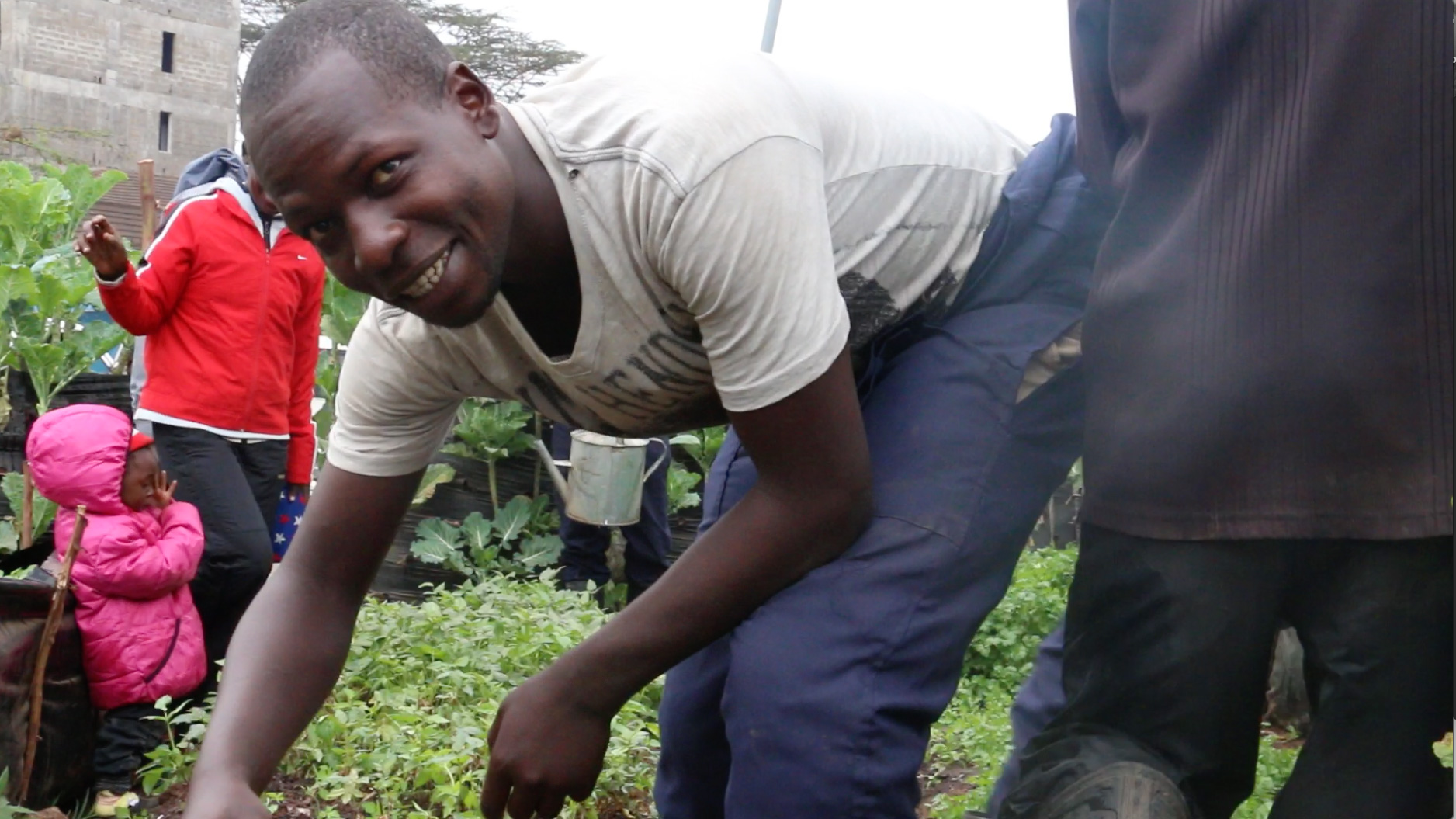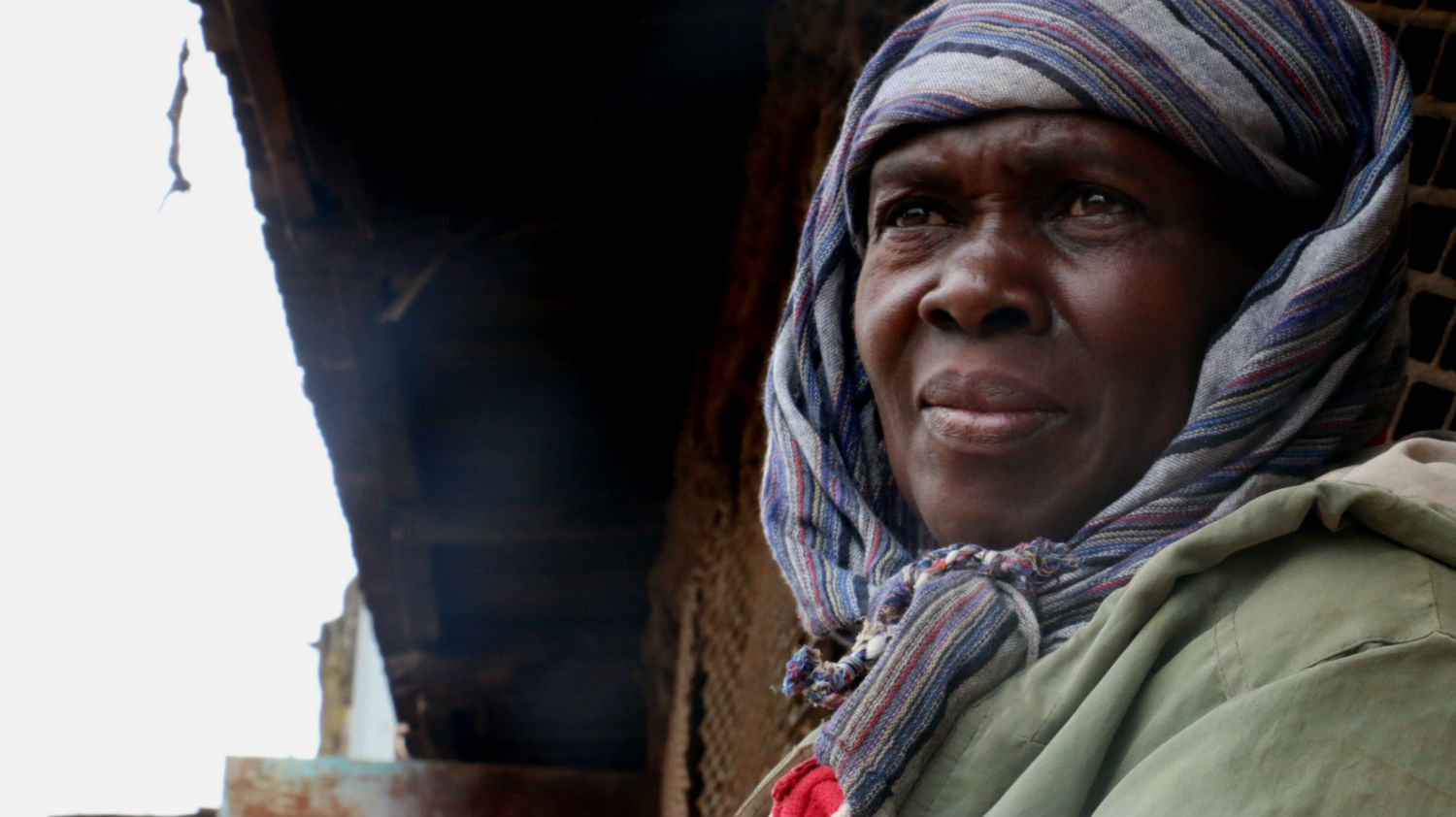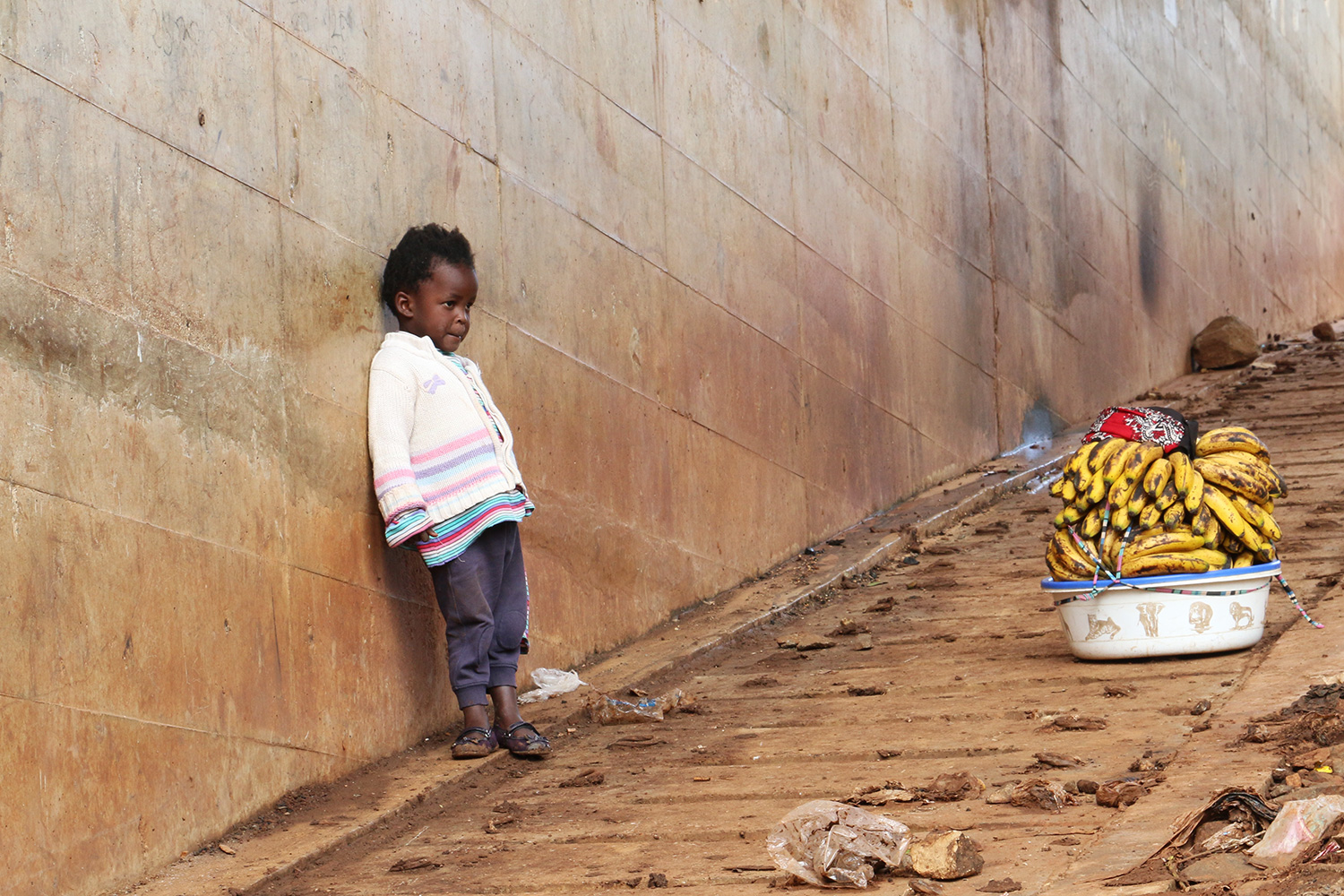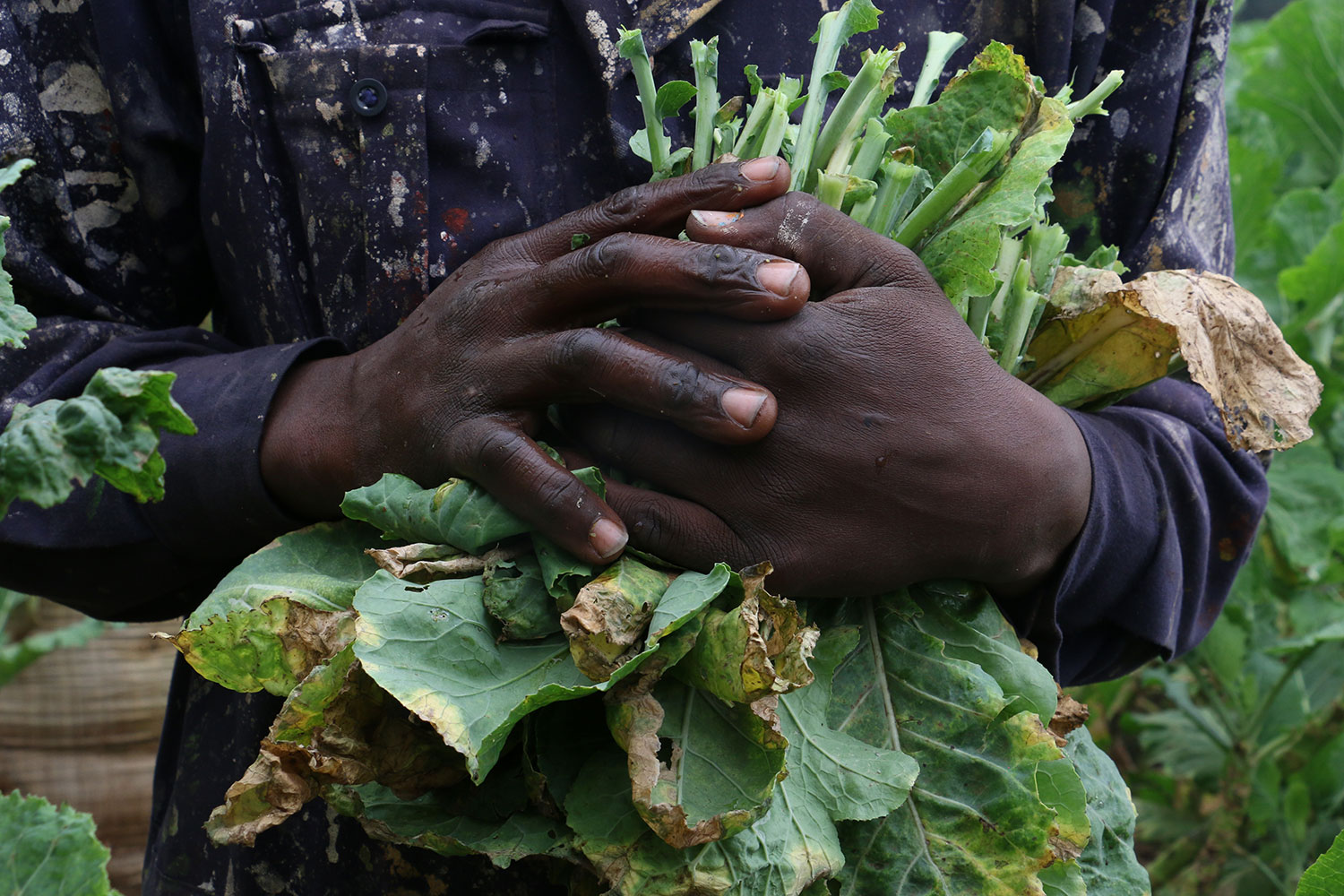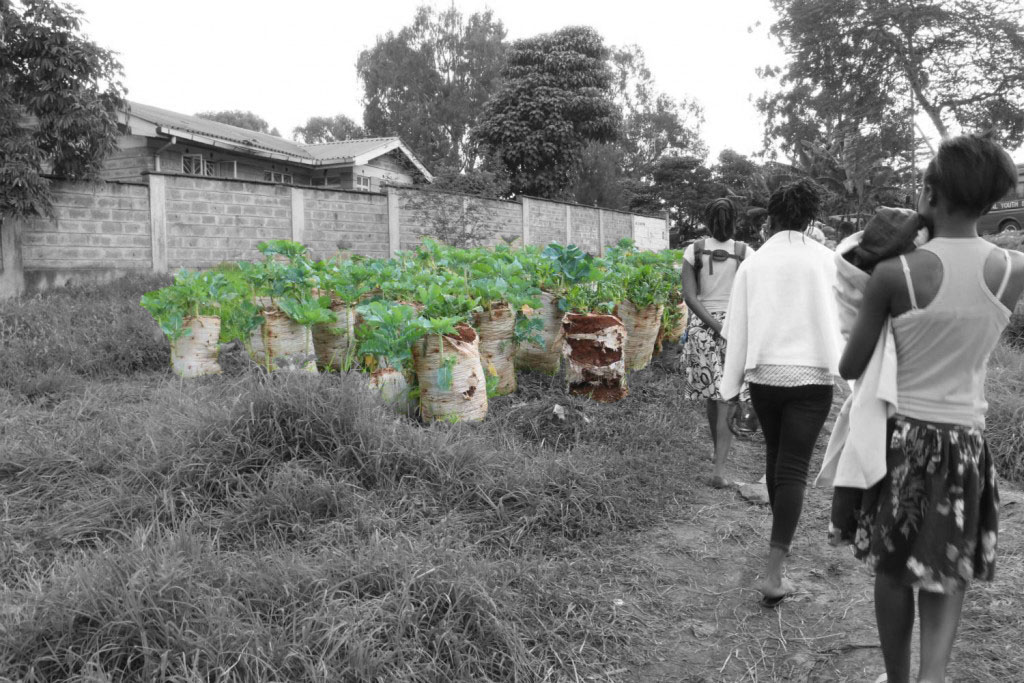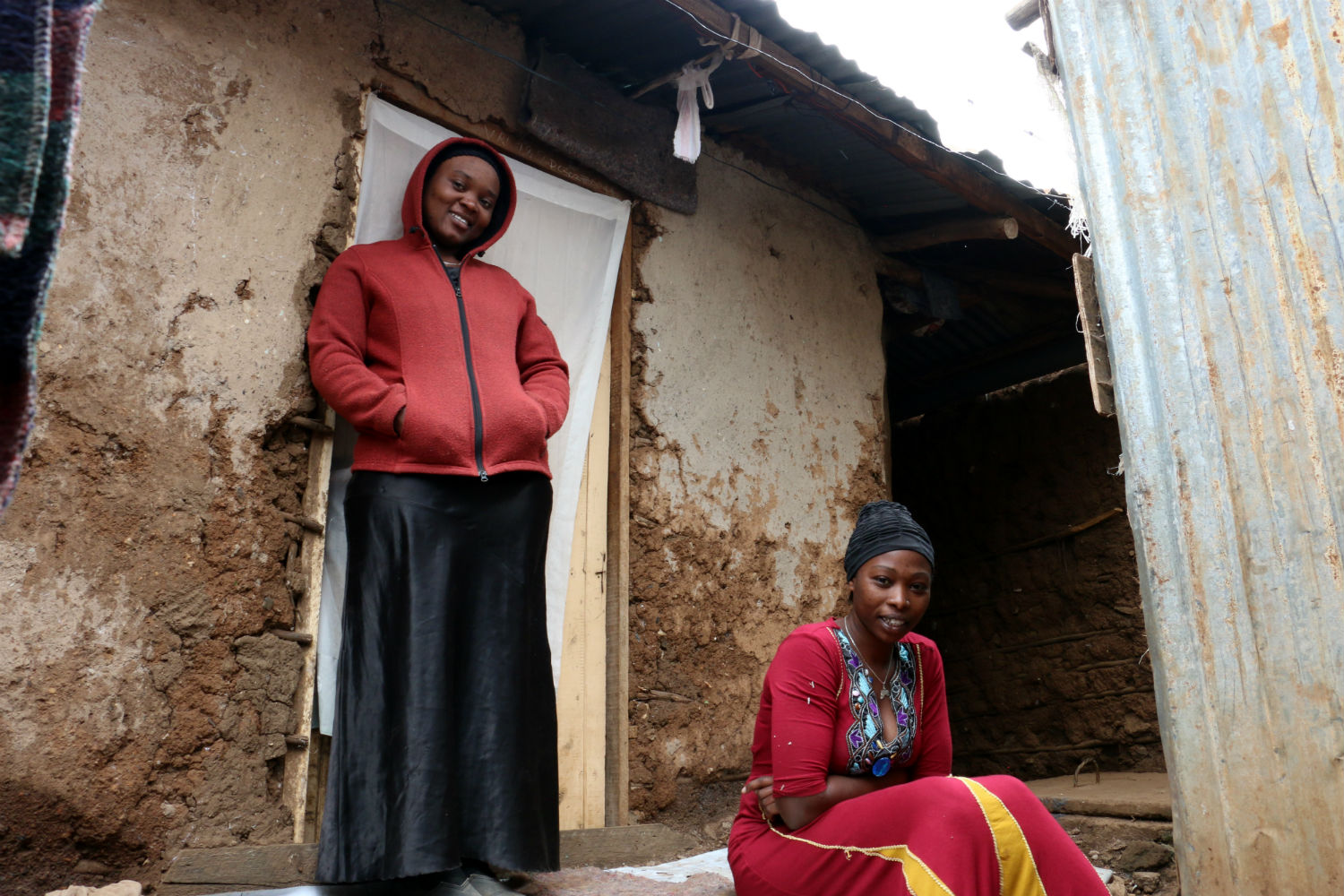
Zainab and Zainab: Trouble with the coop
Raising livestock in Kibera is a gamble. Chickens are among the most common type of animal for women and urban farmers to rear in the settlement. They’re small and relatively valuable. But, when you’re raising an animal worth more money than the average weekly wage in Kibera, it comes with risk.
Zainab Mohammed, a 29-year-old chicken farmer in Kibera was robbed. One night, about a year ago, someone came and stole all eight of her chickens.
“We just wake up in the morning [and] they weren’t there,” she says. “It’s common for people to steal. We had to put a locked gate at the front to keep people out.”
You have to walk through a tiny dark corridor, past a number of people’s apartments to reach her coop. You’d think that someone would be able to spot a thief.
Zainab, along with other members of K Makina Youth Group began raising chickens in Kibera. They work to raise chickens and have attempted sack gardening in the past but the young women have struggled with theft, as well as failed, diseased sack gardens.
Listen to Zainab explain her difficulties with urban farming in Kibera.
Zainab values the chickens. Her family’s food security and intake has improved through the extra money they earn from selling live chickens and slaughtering the chickens for special meals.
“We eat them for special occasions,” says Zainab who was planning to slaughter one of their chickens for Ramadan.
The chickens are now kept in a locked coop and are the only product the women are currently producing since their sack gardens died nearly a year ago.
“We started to farm with sacks two years ago when the government sent a woman to see us,” says Zainab.
But the gardens soon failed because of disease.
There was no one to help see the project through. The women are now waiting to save up enough money to start sack gardening again. The average investment for a sack farm is nearly $30 CAD.
Long-term education and security are two major barriers to those who are new to the urban farming game.
After visiting the chickens, I walked across a small courtyard to a young aspiring urban farmer’s house. Young urban farmers with little education or mentorship also fall victim to the difficulties facing farmers in Kibera.

Zainab Jaffar is 14-years-old.
She started raising two chickens last December at her parent’s house. Harun kept the chickens under her bed at night and let them roam free during the day. One day Harun went outside and she didn’t see them.
“When I went outside I saw some feathers,” she says. “And then I knew it was the dogs that had taken them.”
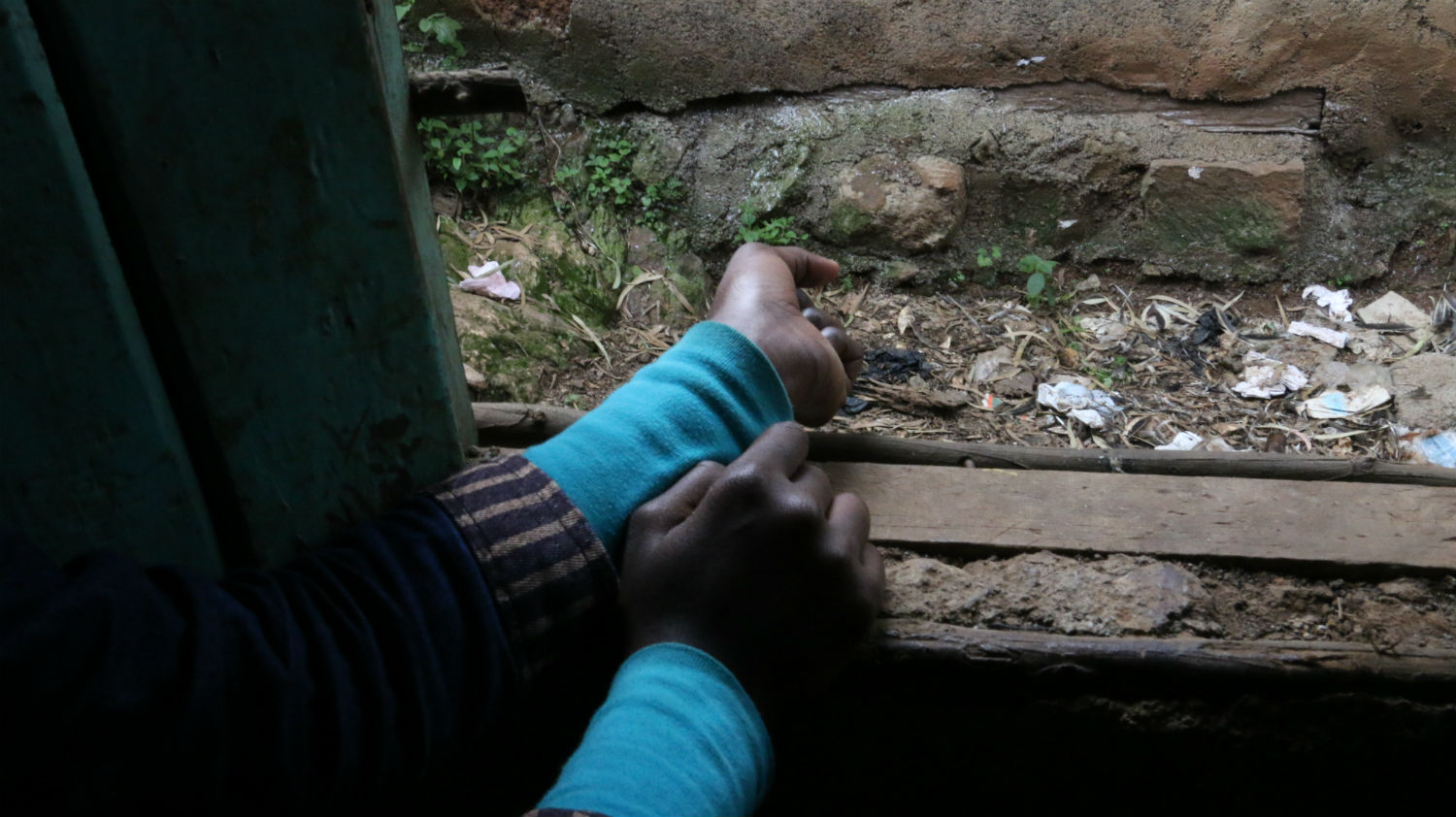
Zainab Jaffar points to the scattered chicken feathers left after feral dogs ate them. [Photo © Evelyn Harford]
Humans aren’t the only thieves they need to worry about; feral dogs also roam the streets in search of food and shelter.
When the chickens were taken, the financial and personal loss was great for Zainab.
She’s been saving for over six months to replace the two dead chickens that she purchased last December for $7 CAD.
“It made me feel very sad,” says young Zainab. “I just saw those feathers and felt like crying.”
Like the older, more experienced farmer, Zainab Mohammad who lives just down the street from the young Zainab Jaffar, she wants to save up for a fence to keep the chickens safe.

Zainab Jaffar points to where she would like to put a chicken coop in her backyard to keep new chickens safe. [Photo © Evelyn Harford]
Proper investment and education is needed for young, up and coming farmers like 14-year-old Zainab. Many farmers let their livestock roam free. This practice leaves their animals vulnerable to theft and death.
Click on an image below to discover the next story.
